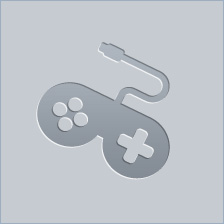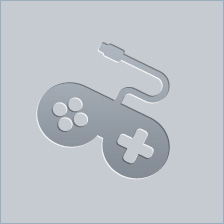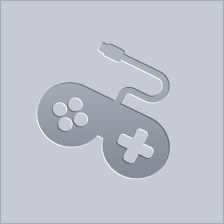Beat Workers review

Beat Workers has a premise that is right up my alley. You are an architect that manages builder robots who can only work effectively in sync to a musical beat. As you help the robots keep time and efficiently build, you also have to be mindful of a saboteur, who sends his own mechanical mischief-makers out to thwart you. This makes for a rhythm game that feels completely fresh and original. Beat Workers isn't without flaw, but its full of way more good ideas than bad ones, and shows that there's still room to grow in rhythm games space.
Beat the beat up
Your primary job in a Beat Workers level is to simply tap on screen to the beat of a song that's playing in the background. After a measure of taps, your building robots fill a meter based on how well-timed your tapping is. Every time you fill the meter, a portion of a building completes, with your ultimate goal being to finish building every portion of the structure before the song ends.
During construction, enemy robots inevitably appear, all of which you have to deal with in different ways. There are termite-like robots that gnaw away at your building meter unless you tap them a few times (to the beat, of course), rockets that you have to swipe to slice in half, and even enemies with shields you must disable through tapping on the off-beat before tapping on them directly. If these threats go unchecked, there's no way you'll be able to construct your building before the song ends, and you'll have to try again.
Overwhelming overtures
The level progression in Beat Workers tests your skills by making you build to ever-faster songs filled with ever-more enemies. There are also moments across the game's 32 core levels that introduce modified versions of enemies that make them a bit harder to deal with. Some enemies take extra taps, while others show up in pairs or require you to swipe in a specific direction to deal with them. There are also "boss" stages where the creator of these robotic enemies shows up to direct his army at you, distort the music, and generally cause more visual chaos as you try to keep focused on the beat.
As long as you are able to construct the building before the music ends, you "clear" the stage, though there is a three tier medal system that also rates your performace. To access the final levels of Beat Workers, you have to meet a certain medal threshold, which might mean you have to revisit previous stages and shoot for a higher score before being able to play them. If you earn a total of 50 medals, you also gain access to a "hard mode" of the game that serves up even harder versions of the levels you've already cleared. Your performance on any given stage also tracks on a global leaderboard, so if you manage to beat the whole game you can still dive back in to compete for the highest score.


Timing toughness
I love the arcade action of Beat Workers and the wonky style it puts forth. It also ramps up its action so that the gameplay of tapping and reacting to enemies never grows too stale. As wonderful as all of this is, though, there is something about Beat Workers that rubs me the wrong way.
When you first boot up Beat Workers, you have to calibrate your device so that the game can compensate for any screen or audio lag you might be experiencing. This is a great feature, but the game doesn't give much feedback to suggest when you might need to recalibrate, or when you're missing notes generally. As a result, some measures as you play might delay the progress of your building and it can be hard to diagnose why. This isn't such a significant problem that I couldn't complete Beat Workers on its default difficulty, but there were some levels I really had to bang my head against and I'm still not sure what--specifically--I was doing to perform so poorly on them.
The bottom line
The lack of feedback in Beat Workers is a fairly significant flaw, but the core of the game is bursting with really inventive ideas that make it gripping in ways that other rhythm games wish they could be. This makes Beat Workers well worth checking out, even if it means you'll have to pause play sessions to recalibrate the game every so often.


















